
Light Needs

Mature Height

Mature Spread

Growing Zones
A beautiful, fruiting evergreen with glossy, tropical-looking leaves, Japanese Loquat delivers fragrant fall blooms and clusters of sweet, apricot-like fruit in late spring. Compact enough for small yards and containers yet productive in the ground, it adds four-season foliage, pollinator-friendly flowers, and a delicious harvest to patios, courtyards, and Mediterranean-style gardens.
Japanese Loquat Care
Plant in full sun for best flowering and fruiting (light afternoon shade in hot climates). Provide well-drained, fertile soil with a slightly acidic to neutral pH; avoid heavy, waterlogged sites. Water deeply and consistently the first 1–2 seasons; once established, loquat is moderately drought tolerant—water during dry spells from bloom through fruit fill.
Mulch 2–3" to conserve moisture and protect shallow roots. Feed in early spring and midsummer with a balanced, slow-release citrus/fruit-tree fertilizer. Prune after harvest to thin congested interior shoots and maintain height; remove cold-damaged wood in spring.
Loquat is generally self-fertile, but a second tree can improve yield. Protect flowers/young fruit from hard freezes with frost cloth. Hardy in USDA Zones ~8–10. Note: Seeds and young leaves contain cyanogenic compounds—do not ingest.
Japanese Loquat Spacing
As a specimen, allow 12–15 feet from buildings and other trees for airflow and light penetration. In small home orchards, space 15–20 feet on center; for espaliers along a warm wall, 8–10 feet works well. In containers, use one plant per pot—start with an 18–24"+ diameter container with excellent drainage, and place pots 2–3 feet apart for access and airflow.
Why Grow Japanese Loquat?
-
Evergreen beauty with glossy foliage and fragrant fall/winter blooms
-
Sweet, juicy fruit ripening late spring—great fresh, in jams, or desserts
-
Compact, manageable size for small yards, patios, and containers
-
Self-fertile with improved crops when cross-pollinated
-
Heat and drought tolerant once established; low maintenance with seasonal pruning
-
Adds Mediterranean flair and four-season interest
An elegant, fruiting evergreen that earns its keep—Japanese Loquat brings fragrance, flavor, and year-round good looks to landscapes and large containers alike.
- SKU:
- EDB-JAP-LOQ-LGL
Please Note: The pictures below are to give a general representation of the different container sizes. The actual size/ages of plants are estimates and will vary based on type of plant, time of year, last pruning & many other factors.
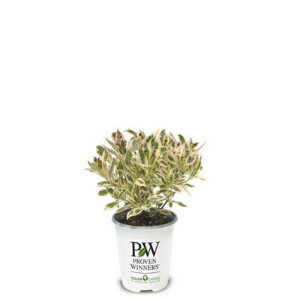
Also Known As:
Quart
Plant Age:
~ 6 months - 1 year
Plant Size:
~ 4"-8"
Pot Size:
~ 4.75"H x 4.5"W
Volume:
1.50 quarts
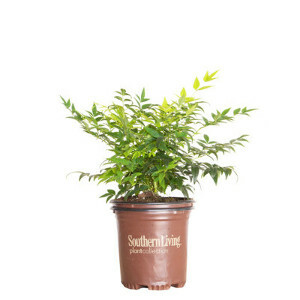
Also Known As:
2.5 Quart Pot
Plant Age:
~ 1 - 2 years old
Plant Size:
~ 8"-12"
Pot Size:
~ 6.5"H x 6.5"W
Volume:
2.20-2.30 quarts
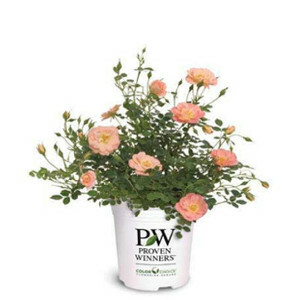
Also Known As:
#1 Container
1 Gallon
Plant Age:
~ 1 - 2 years old
Plant Size:
~ 10"-14"
Pot Size:
~ 7"H x 7.75"W
Volume:
2.26-3.73 quarts
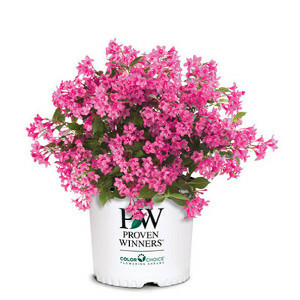
Also Known As:
#2 Container
2 Gallon
Plant Age:
~ 1.5 - 3 years old
Plant Size:
~ 12"-18"
Pot Size:
~ 9.5"H x 9.5"W
Volume:
1.19-1.76 gallons
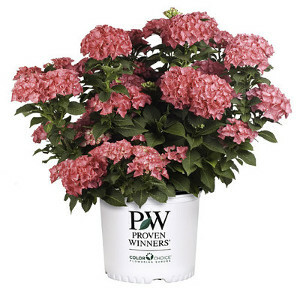
Also Known As:
#3 Container
3 Gallon
Plant Age:
~ 2 - 4 years old
Plant Size:
~ 12"-30"
Pot Size:
~9.5"H x 11"W
Volume:
2.32-2.76 gallons

Also Known As:
#5 Container
5 Gallon
Plant Age:
~3-4 years old
Plant Size:
~ 20" - 60"
Pot Size:
~11" H x 10 1/2” W
Volume:
3.5 - 4 gallons

We stand behind our plants with industry-leading guarantees to give you peace of mind.
We want your plants to arrive in great condition! If you notice any issues upon delivery, contact us within 3 days.
All citrus & other tropical plants, we provide a 30-day warranty to ensure that your plants thrive.
Plants that are currently in stock typically ship within 2-7 business days after your order is placed.
Plant Addicts ships to the lower 48 states within the U.S. Unfortunately, we do not currently ship to Alaska, Hawaii, or internationally.
This plant cannot be shipped to the following states: AZ, OR, AK, HI. These restrictions apply only to this specific plant due to agricultural regulations or other limitations. Other plants may still be available for shipping to these states.
If you have any questions about shipping restrictions, feel free to reach out to our team!








